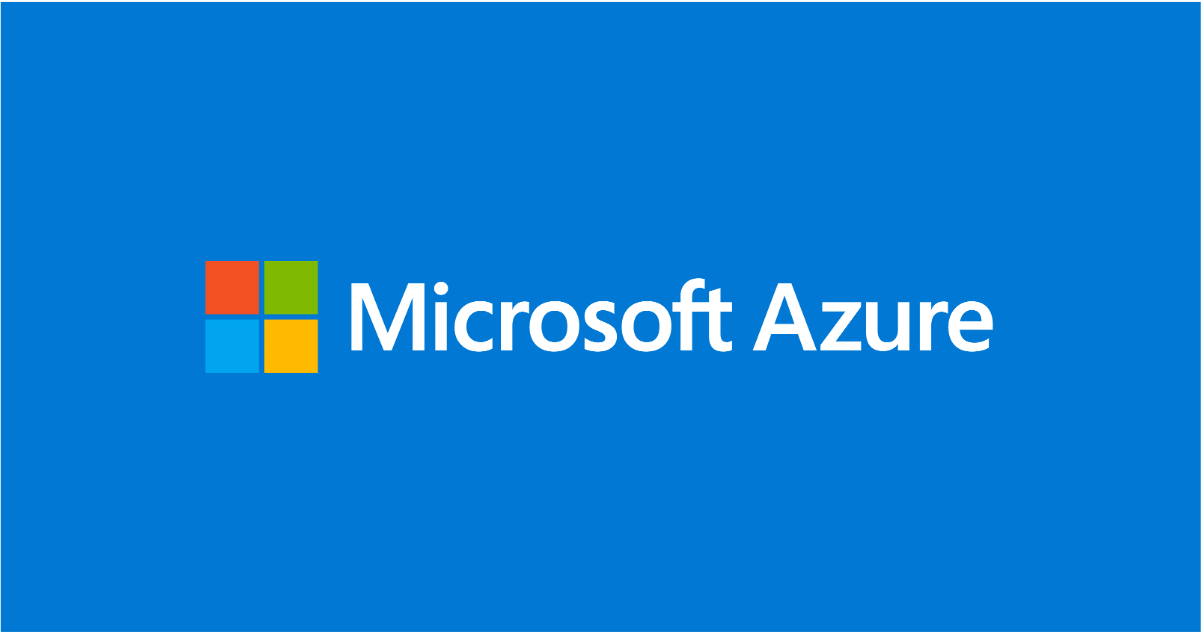Azure Functions using Python: 2023 in Review

The Azure Functions team is thrilled to share the key investments made in 2023 to enhance the Python experience! This year has been a big one for Python, with a highlight being a new programming model release that enables customers to use decorators and embrace a simpler structure. This release is part of a Functions-wide initiative to improve the development experience across all languages.
Releases in 2023
Generally Available: V2 Programming Model for Python
The v2 model is designed to provide a functions development experience that is more familiar to Python developers. Our hope with the release of this feature is to greatly enhance the getting started experience and usability with Functions using Python.
Following is an example of a Function Application with an HTTP trigger using both the v1 and the v2 programming models:
| File Name | v1 | v2 |
| init.py | ||
| function.json | ||
| function_app.py |
Note that using the v1 programming model, there would be an 'init.py' and 'function.json' file for each function within the function application. When using the v2 programming model, all functions can be defined within the 'function_app.py' file. This significantly decreases the number of files and simplifies the folder structure, making it easier to manage applications. To learn more, see V2 Python Programming Model is Generally Available. Let us know your thoughts about this new programming model here.
Generally Available: Support for Python 3.11
Support for Python 3.11 was released in September 2023! This enables usage of new features released in Python 3.11 to be leveraged when developing Azure Functions.
Performance Improvements
We made key changes on how we load our modules during specialization, and this work has resulted in a 33% decrease in our cold start times. This improvement will green light new scenarios as well as enhance the existing experience when it comes to performance.
Generally Available: Apple Silicon Mac Support for Python versions 3.8+
Customers can now use Core Tools natively on Apple Silicon Macs. Enabling development on Apple Silicon Macs eliminates the need for customers on machines like the M1 Mac to emulate an x86 environment on their machine.
What's next?
In the upcoming months, we will be working on supporting Python 3.12, making improvements to the triggers and bindings experience, adding new features to the v2 programming model, and more!
If you haven’t already tried Azure Functions using Python, get started today!
Are you interested in leveraging Open AI using serverless? Check out this sample of a personalized, intelligent chatbot that draws its knowledge directly from an individual's email interactions. Using Azure Functions and Open AI, the bot allows one to get quick answers to inquiries about their inbox.
Questions or comments? Create an issue in the Azure Functions Python repository.
Thank you so much for your support this year - we appreciate and value our community greatly, and are grateful for your support, feedback, and trust. If you'd like to provide feedback for the product, please submit the Azure Functions Python Survey by following the link and clicking 'New Discussion'. We look forward to delivering new features and product improvements in 2024.
Published on:
Learn moreRelated posts
New Secure Boot update resources for Azure Virtual Desktop, Windows 365, and Microsoft Intune
New documentation is now available to help IT administrators prepare for Secure Boot certificate updates and manage update readiness across vi...
Azure DocumentDB: A Fully Managed MongoDB-Compatible Database
Running MongoDB at scale eventually forces a trade-off: invest heavily in managing your own infrastructure or move to a managed service and ri...
Azure SDK Release (February 2026)
Azure SDK releases every month. In this post, you'll find this month's highlights and release notes. The post Azure SDK Release (February 2026...
Recovering dropped tables in Azure Databricks with UNDROP TABLE
Oops, Dropped the Wrong Table? What now? We’ve all been there: you’re cleaning up some old stuff in Databricks, run a quick DROP TABLE… and su...
Azure Developer CLI (azd) – February 2026: JMESPath Queries & Deployment Slots
This post announces the February 2026 release of the Azure Developer CLI (`azd`). The post Azure Developer CLI (azd) – February 2026: JM...
Improved Python (PyPi/uvx) support in Azure MCP Server
Azure MCP Server now offers first-class Python support via PyPI and uvx, making it easier than ever for Python developers to integrate Azure i...
Microsoft Purview: Data Lifecycle Management- Azure PST Import
Azure PST Import is a migration method that enables PST files stored in Azure Blob Storage to be imported directly into Exchange Online mailbo...